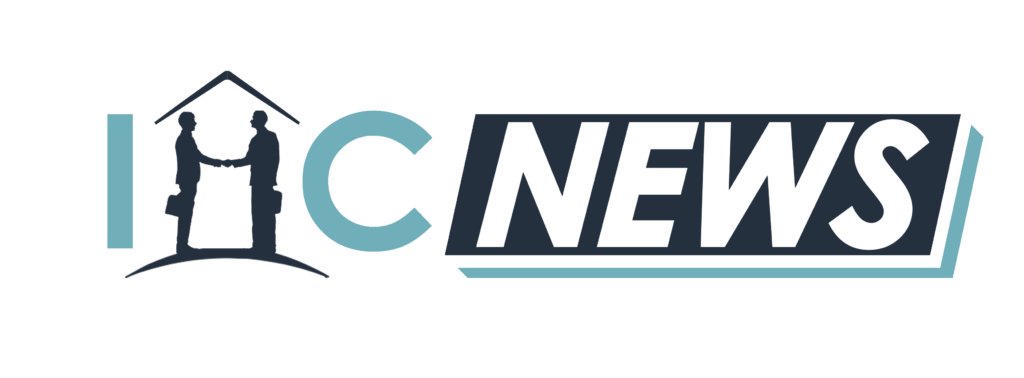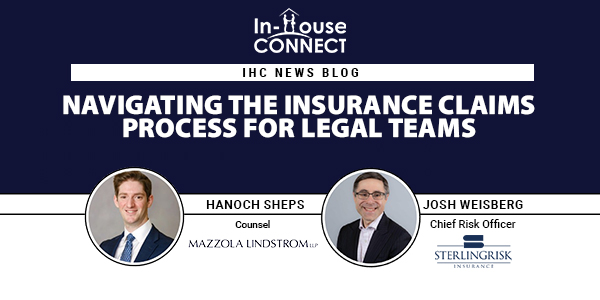Handling complaints and conducting thorough investigations are essential components in mitigating employment law risks for any organization. In a recent In-House Connect webinar on employment law they shared their expertise on how in-house counsel can effectively manage harassment and discrimination claims. This blog outlines their key insights and provides best practices for conducting investigations and handling complaints.
The Importance of Addressing Complaints Promptly
When an employee raises a complaint related to harassment, discrimination, or other workplace issues, addressing it promptly is crucial. Delayed responses can exacerbate the problem and increase the organization’s liability. Swift action demonstrates the organization’s commitment to resolving issues and maintaining a respectful work environment.
Proactive Complaint Handling Process
Multiple Reporting Avenues
Providing employees with various channels for reporting complaints is essential. This ensures that if an employee is uncomfortable reporting to their direct supervisor, alternative options are available. This is particularly important when supervisors are involved in the complaints.
Accessibility
Workplace policies should be easily accessible and widely disseminated. Consider language and literacy levels within the workplace and make policies available electronically with clear hyperlinks, fillable forms, and standalone sections for easier access and updates.
Clear Contact Points
Maintain consistent contact information for reporting harassment, managed by individuals who are continually accessible. Use generic titles rather than personal names to ensure continuity even if personnel changes occur.
Investigating Complaints: Best Practices
Confidential and Objective Investigations
Conducting investigations confidentially and objectively is paramount. The organization should ensure that the investigator is neutral and not biased towards any party involved.
Document Performance Deficiencies
When a complaint appears to be performance-based rather than misconduct-related, documenting performance deficiencies is vital. This documentation can influence the investigation’s outcome and provide a clear record of events.
Inclusivity in Digital Communications
During investigations, consider all forms of communication, including emails, text messages, social media posts, and interactions on platforms like Slack, Zoom, and Teams. These platforms have become new venues for potential harassment, especially with the shift to remote and hybrid work environments.
Legal Obligations and Reasonable Care
Employers must adhere to federal, state, and local laws to maintain a workplace free from harassment and discrimination. The EEOC’s guidance emphasizes the need for employers to demonstrate reasonable care in preventing and addressing harassment. This includes:
Effective Anti-Harassment Policies
Clearly define prohibited conduct, cover jurisdiction-specific protected categories, and keep policies up-to-date.
Prompt Action
Take immediate action when complaints arise, including conducting thorough investigations and implementing corrective measures when necessary.
Training and Education
Conduct regular training for all employees on harassment policies and complaint procedures. Supervisors should receive separate training due to their unique duties and potential liability under harassment and discrimination laws.
Encouraging a Reporting Culture
Creating a culture that encourages reporting and addressing potential harassment is important. The webinar highlights the importance of regular and comprehensive training. This training helps employees understand their rights and the procedures in place, thereby increasing trust in the system and encouraging prompt reporting. Effectively handling complaints and conducting investigations are vital to minimizing litigation risks and fostering a respectful and productive work environment. Regular updates to policies, investment in training, and ensuring unbiased investigations will help create a safer and more equitable workplace for all employees.
Missed The Session? You can watch it now via IHC On-Demand!







